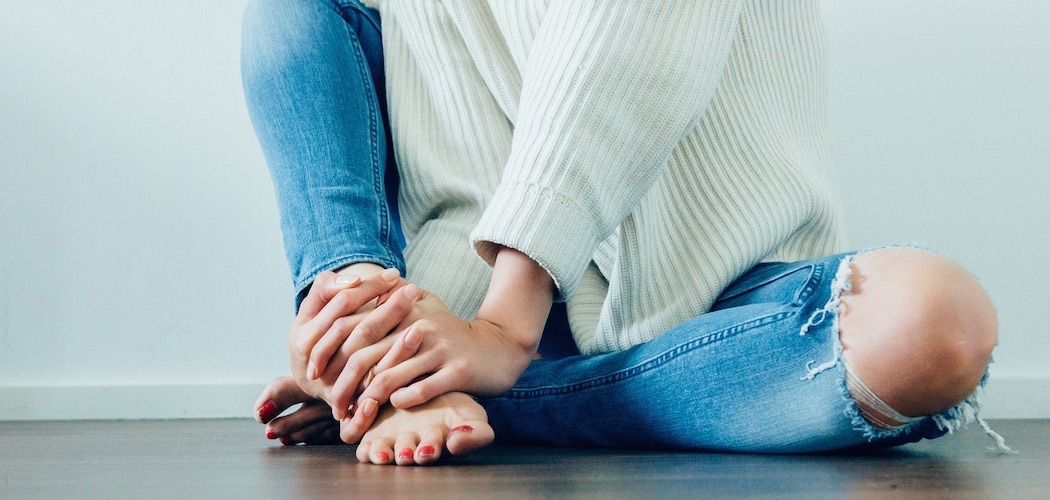Breast cancer isn’t just a thing that some other families battle. It’s personal for me. Every time I get my annual mammogram I think of my sister who, at the age of 30, got her diagnosis. My mom poignantly shared these emotional thoughts about her daughter’s journey. As Breast Cancer Awareness month comes to an end, it is only just beginning for women around the world. My heart aches for their struggles. Some, like my powerful friend Amy Tadelis, beat cancer with a vengeance and went on to inspire others to do the same. Here is Amy’s story.
My friend and women’s health doctor Sara Gottfried shares her top 10 ways to reduce your breast cancer risk below. Stay healthy and safe!
The Latest Thinking on Breast Cancer
Kris Carr makes an important point: we all have cancer. What she means is that we all have aberrant cells or oncogenes looking for some action. While we don’t fully understand all the ins and outs, it’s basically your lifestyle, genetics, immune functioning, and nutrition that determine whether those cancer cells grow or get removed by your personal army. Kris has a more metaphorical point here too — we all have cancer if you look at it as anything which you feel powerless or see as an extreme struggle. It could be compulsive overeating, grief or a failing marriage. While her message is a little scary, it’s also a fab wake-up call to get with the program or step up to a better program.
Another reason is the empowerment piece. I can’t sit by and listen to my patients tell me of the disempowering message from breast surgeons which goes something like this: “There, there, I’ve taken out your cancer, now you go on and live your life.”
And to that, I would say, “But what can I do to turn the tide – there must be nutritional, hormonal, environmental risks that I can modify.”
At that point, Breast Surgeon rolls their eyes and wishes I would go away.
Fortunately, there are many things you can do to turn the tide. It’s all about prevention: radical prevention of your first breast cancer, prevention of recurrence, using food as medicine, modifying your risk factors, monitoring your progress.
Top 10 Ways To Reduce Your Breast Cancer Risk
- Check my 2/16 ratio. This is a measure of how you are metabolizing estrogen. Are you making more of the good, protective estrogens or more of the nasties that increase your risk of breast cancer? There’s good science to support this as a key marker of your risk of breast cancer, and since there’s a dearth of markers for breast cancer survivors (and their female relatives) to follow, this is a good one to measure periodically. If I had breast cancer, I’d check it every 3 to 6 months. Here are the two labs (Genova and Meridian Valley) I typically use to run the test. As part of my organic experiment, I’m testing this quarterly to find out if eating 100% organic improves my estrogen metabolism.
- Join the Crazy Sexy Cancer community. If I’m going to be dealing with un-fun things like chemo and hair loss and dry vagina – let’s do it with some good company and big irreverence! Plus Kris Carr’s Diet is very sound nutritionally.
- How’s your insulin and glucose? I routinely test my patients fasting glucose (want less than 99) and insulin (want less than 7). High glucose feeds cancer cells. My glucose was elevated 6 years ago (even though I’m lean – that’s because of my adrenal problems, see below) when I first started getting insulin-obsessed and I reversed it in 6 months.
- While we’re talking sugar, across the board, the white stuff is pretty bad. White flour, white sugar. Either avoid it (best) or use stevia, xylitol, agave nectar, and gluten-free flours.
- Minimum: 7 servings of fresh fruits and vegetables. Do you know how rare this is? Frightening. Yet those anti-oxidants are preventing mutation. Bite into your organic apple. If you have a tough time with this one, do your boobs a favor and order a greens powder.
- Check your Vitamin D. Based on observational studies, I recommend a level of 52-90.
- It’s all about inflammation – reduce it, baby. Measure your C-Reactive Protein to track inflammation. Eat turmeric on your food, the world’s most potent anti-inflammatory. Keep yourself on the alkaline side of the tracks (Note to self: before you go all Atkins on me, recall that cancer loves acid environment – meats, coffee, peanuts). Alkalinizing foods: pumpkin seeds, persimmons, broccoflower, seaweed, kombucha, just to name a few.
- Pamper your adrenals. Those little endocrine glands that sit on top of your adrenals like hats and they run the “fight/flight/collapse” show? Yes, those guys. Calm ‘em down. Daily. Meditation, yoga, massage, tai chi, whatever it takes. High or low cortisol is a pro-cancer environment.
- Iodine. Most of us are deficient. It’s not a glamorous nutrient but give it the notice it deserves. Check your level, and supplement if necessary. Crucial to breast health (and your thyroid).
- Speaking of thyroid – stay on top of that lil butterfly in your neck. The ideal is TSH between 0.3-1.0. Underactive thyroid has been linked with a greater risk of breast cancer.
Hope that helps. Don’t wait for a diagnosis to get you on the path, the path to radical wellness. Act now. With what creds do I write all this? As a gynecologist who saw her first patient in 1989. As a breast cancer prevention researcher. As a woman living through an epidemic of breast cancer. As a human slogging my way through the toxic soup we live in. Who isn’t fearful of breast cancer? The best antidote to the anxiety of breast problems? Knowledge. Humor. Greens.
Read more from Dr. Sara Gottfried on her site.
